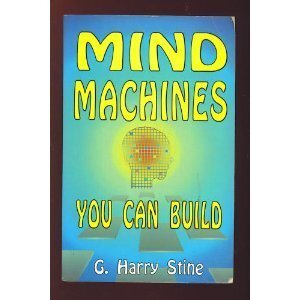I did look over that well-organized page of links to peer-reviewed Psi research. Unfortunately, I didn't see any that related to OBEs, believe it or not.
Regarding Hagelin: I did read over his description of Shadow Matter. It's an interesting concept, but that's all it appears to be at the moment.
Superstring theory itself currently has
little evidence to support it, and then this Shadow Matter is only
predicted to exist.
When it comes to OBEs, I'm very intrigued by a lot of the current work in the cognitive sciences.
Researchers use virtual-reality avatars to create 'out-of-body' experience | Science | The Guardian
The research is aimed at understanding how the brain integrates information coming from the senses in order to determine the position of the body in space.
When this process gets disrupted, the body and senses are still working perfectly, but the brain mistakenly perceives the "self" to be located outside of the body, typically above or behind it. I'm not saying this is
the explanation, but I think there's something to it. Especially when you consider it beside a phenomena like
ecstatic seizures:


 Fooey!
Fooey!